The Celebration Continues At Disneyland (Page Four)
We sure missed Dave this year but his health is so fragile that he just could not go... He has been going for almost 15 years and this is the second time he missed... The other we were on a ship in the Carribbean. Life must go on!

` 


Arrival At Disneyland
It was delayed a bit as we went to church first, waited at home a bit for the weather to clear up, and then we stopped by the Uva Bar to have a drink and visit with the outside bartenders.

We enter Disneyland at 2:25

The horse car was a great ride to the castle this afternoon
Did You Know? - A horsecar is an animal-powered streetcar or tram. These early forms of public transport developed out of industrial haulage routes that had long been in existence, and from the omnibus routes that first ran on public streets in the 1820s, using the newly improved iron or steel rail or 'tramway'.
These were local versions of the stagecoach lines and picked up and dropped off passengers on a regular route, without the need to be pre-hired. Horsecars on tramlines were an improvement over the omnibus as the low rolling resistance of metal wheels on iron or steel rails (usually grooved from 1852 on), allowed the animals to haul a greater load for a given effort than the omnibus and gave a smoother ride.
The horse-drawn streetcar combined the low cost, flexibility, and safety of animal power with the efficiency, smoothness, and all-weather capability of a rail right-of-way.
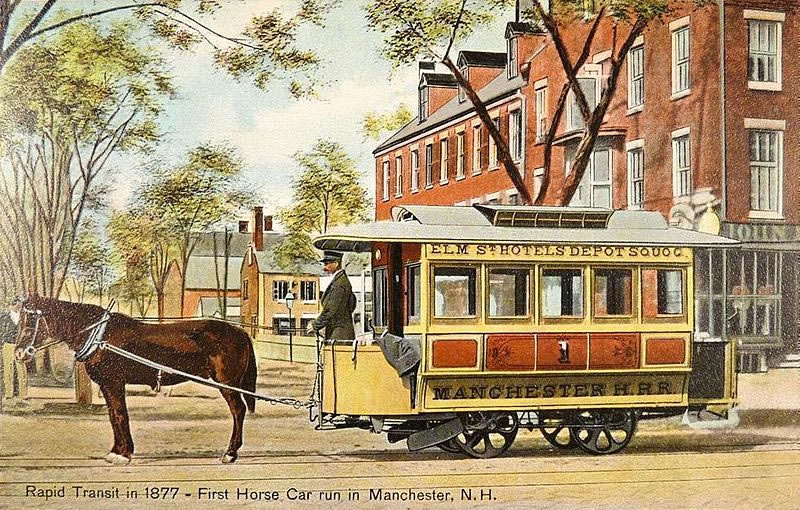

Great view as we move down the street

Christmas Tree Point just had flowers this day

Here is comes... The buss
Did You Know? - Bus is an apheresis of the Latin word Omnibus. It is derived from the hatter Omnès' shop named "Omnes Omnibus" which was situated in front of one of the first bus station in Nantes in 1825. "Omnes Omnibus" was a pun on the Latin sounding name of the hatter : omnes meaning "all" and omnibus means "for all" in Latin. Nantes citizen soon gave the nickname of Omnibus to the vehicle. When motorized transport replaced horse-drawn transport starting 1905, a motorized omnibus was called an autobus, a term still used.
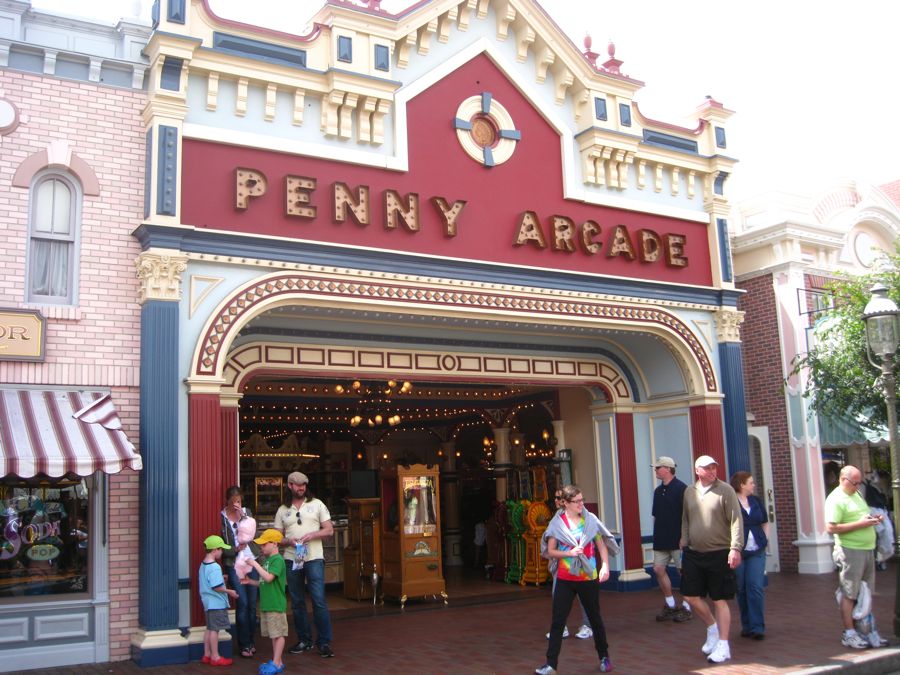
The Penny Arcade
Did You Know? - Did You Know? - A penny arcade can be any type of venue for coin-operated devices, usually for entertainment. This included early forms of pinball and fortune-telling machinery of the 1930s and slot machines . Vending machines may also be considered in this category. The name derives from the penny , once a staple coin for such machines.
Time To Walk

The hanging baskets were amazing...
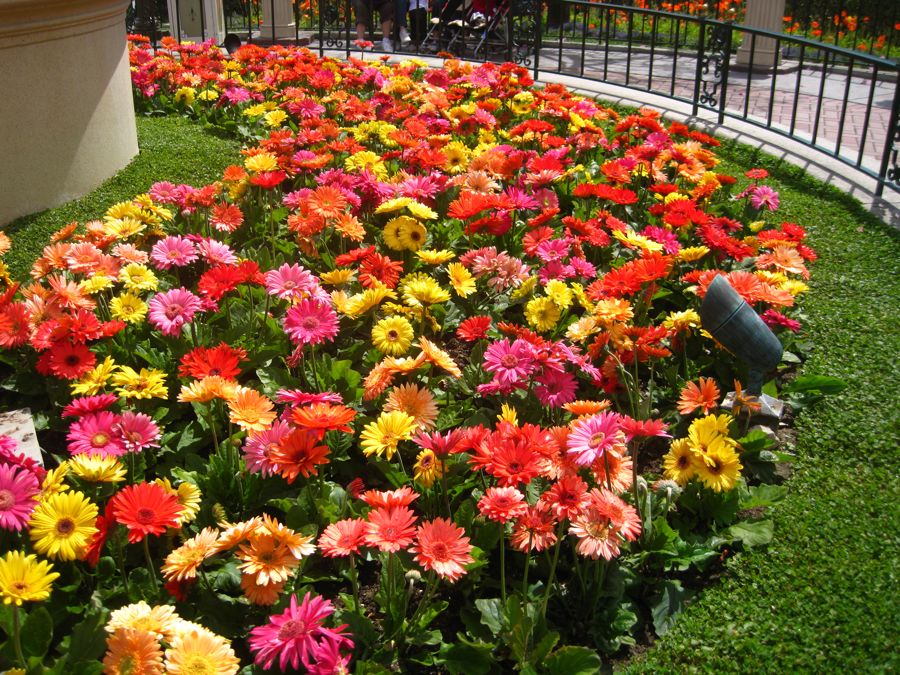
The flowers wanted to jump right out of the ground

Hello Donald

Did You Know? - Donald Fauntleroy Duck is an American cartoon character from The Walt Disney Company. Donald is a white anthropomorphic duck with a yellow-orange bill, legs, and feet. He usually wears a sailor shirt, cap, and a red bow tie, but no trousers (except when he goes swimming).
Donald's most famous personality trait is his easily provoked and explosive temper. Donald Duck has been officially honored as the third most popular cartoon character of all time with Bugs Bunny of Warner Bros. Looney Tunes/Merrie Melodies at number two and fellow Disney creation Mickey Mouse who is number one. Donald Duck was first known as Donald Oliver Duckling.

Chip and Dale

Sue & Paul with Chip & Dale
Did You Know? - Chip 'n' Dale are two animated chipmunks created by The Walt Disney Company. Their names are a pun based on the name "Chippendale" (see Thomas Chippendale). This was suggested by Bill "Tex" Henson, a story artist at the studio. Originally the two had the same colored noses, but as a way to tell them apart, Chip was given a black nose and Dale was given a red nose.
According to Disney, Chip is the logical schemer, and Dale is the goofy, dim-witted one. An easy way to visually tell them apart is that Chip has a small black nose (it looks a bit like a chocolate "Chip" as a way to help people remember who is who) and two centered protruding teeth, whereas Dale has a big red nose and his two prominent buck teeth exposed. Chip is also depicted as having smooth, short fur atop his head while Dale's tends to be ruffled.
Heading Toward Frontierland
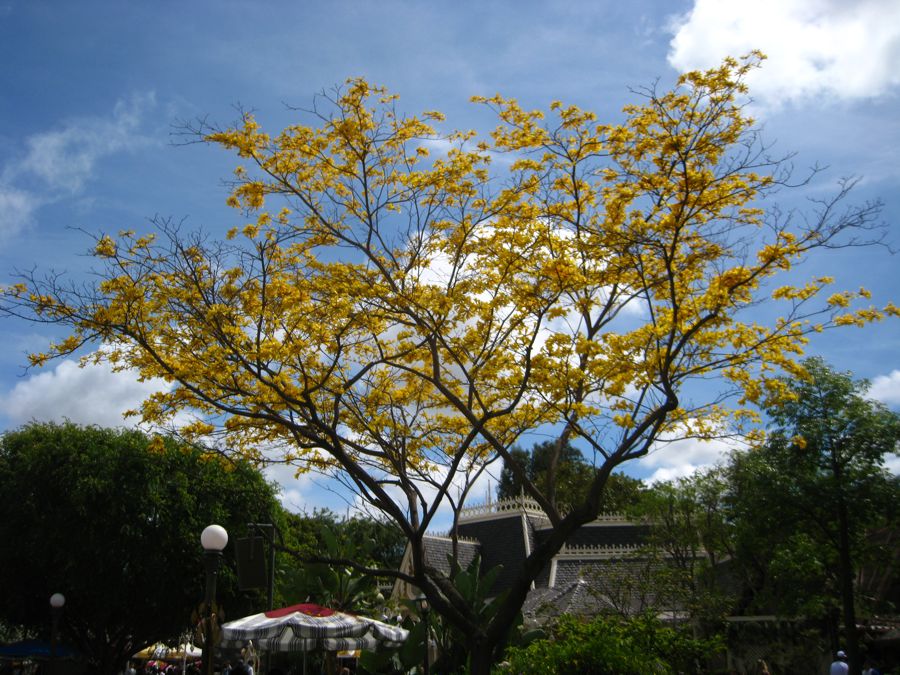
The trees were full of color

The flowers were bright... It's Spring

Stop and smell the flowers

The reflections were great today with the sky so active
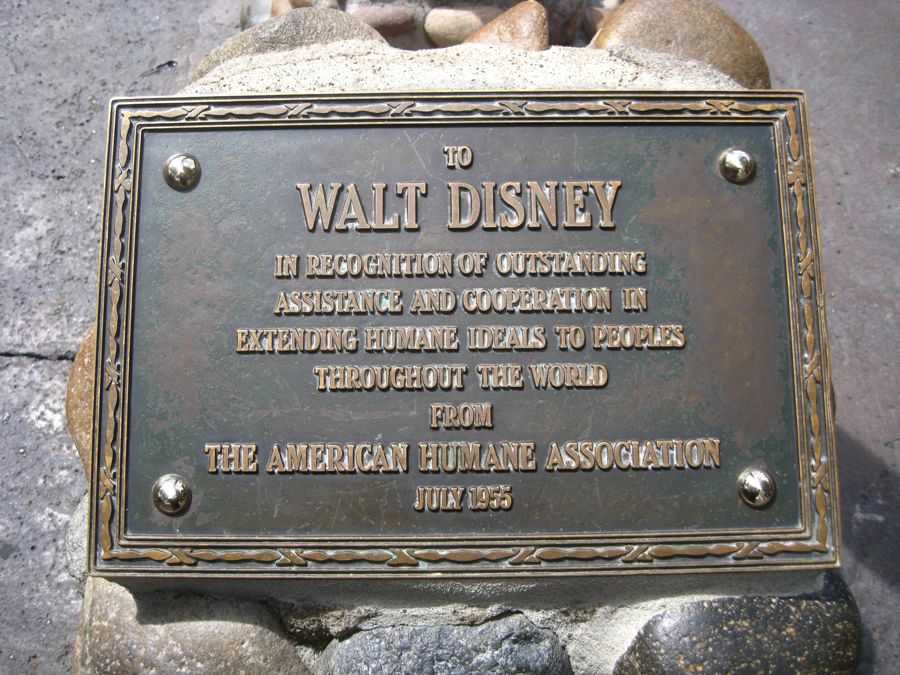
What a great man to bring this much fun to this many people
Time For Music And Fun

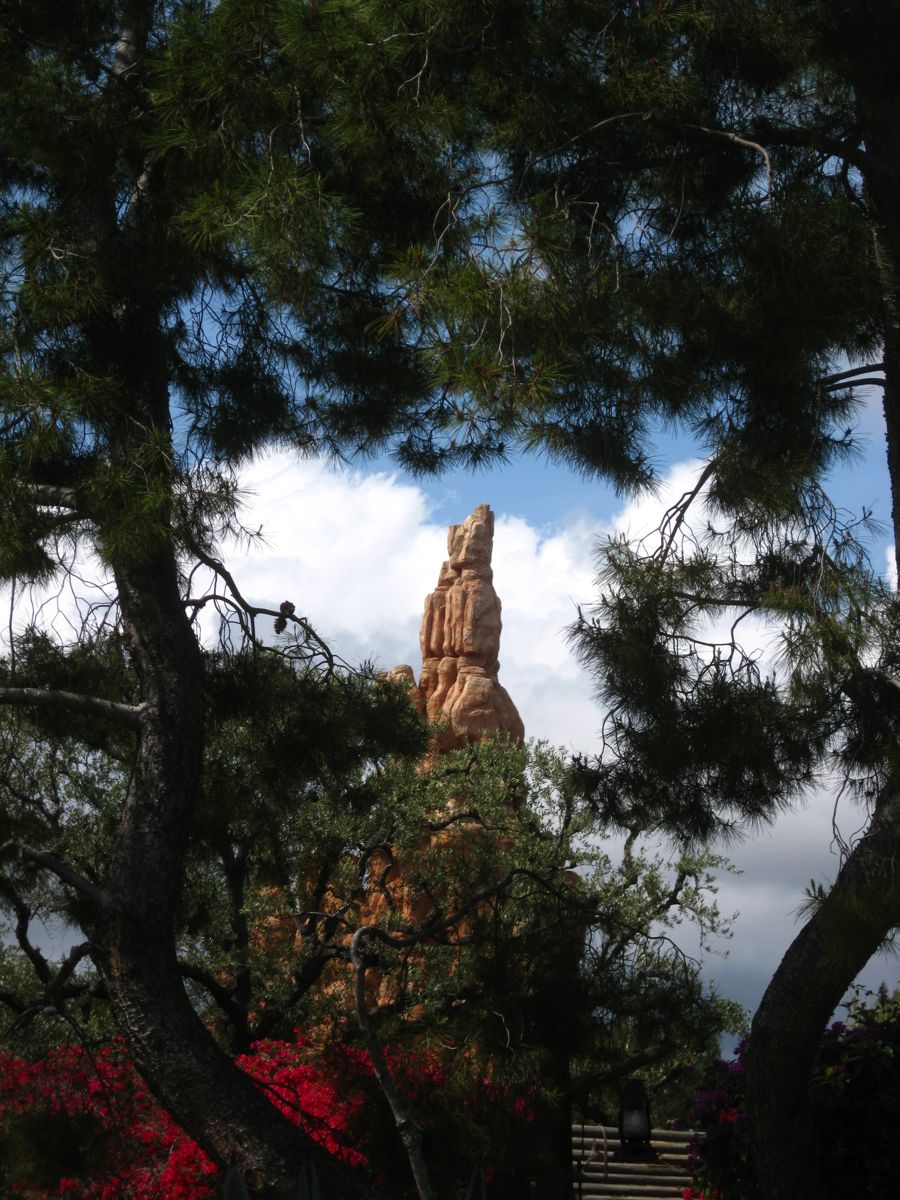
The day turned out pretty well even after a rough start

Billy was wild this afternoon

Great music and fun
Riverboat Time
Did You Know? - The most famous early riverboats were on the rivers of the midwestern and central southern United States, on the Mississippi, Ohio and Missouri rivers in the early 19th century. Out west, riverboats were common transportation on the Colorado, Columbia, and Sacramento rivers. These American riverboats were designed to draw very little water, and in fact it was commonly said that they could "navigate on a heavy dew."

Mike's Keelboat
Did You Know? - A Keel boat, Keelboat, or Keel-boat is a type of usually long narrow cigar-shaped riverboat, or unsheltered water barge which is sometimes also called a poleboat—that is built about a slight keel and is designed as a boat built for the navigation of rivers, shallow lakes, and sometimes canals that were commonly used in America including use in great numbers by settlers making their way west in the century-plus of wide-open western American frontiers.
They were also used extensively for transporting cargo to market, and for exploration and trading expeditions, for watercraft transport was the most effective means to move bulk or weight before the advent of the modern post-world war II transportation networks.

Mike Finks home
Did You Know? - Mike Fink, (b.1770/1780?? – ca.1823) called "king of the keelboaters", was a semi-legendary brawler and boatman who exemplified the tough and hard-drinking men who ran keelboats up and down the Ohio and Mississippi Rivers.
Mike Fink was born in Fort Pitt, near Pittsburgh, Pennsylvania. When he began his career in navigation, he became notorious, both for his practical jokes, and for his willingness to fight anyone who was not amused. His 180 pound frame stretched 6'3″ in height, and the muscles required to force a keelboat upstream would have made him a formidable opponent to most.

Odd angle but this is one side of the Engine that runs the paddlewheel - It generates almost 80 horsepower
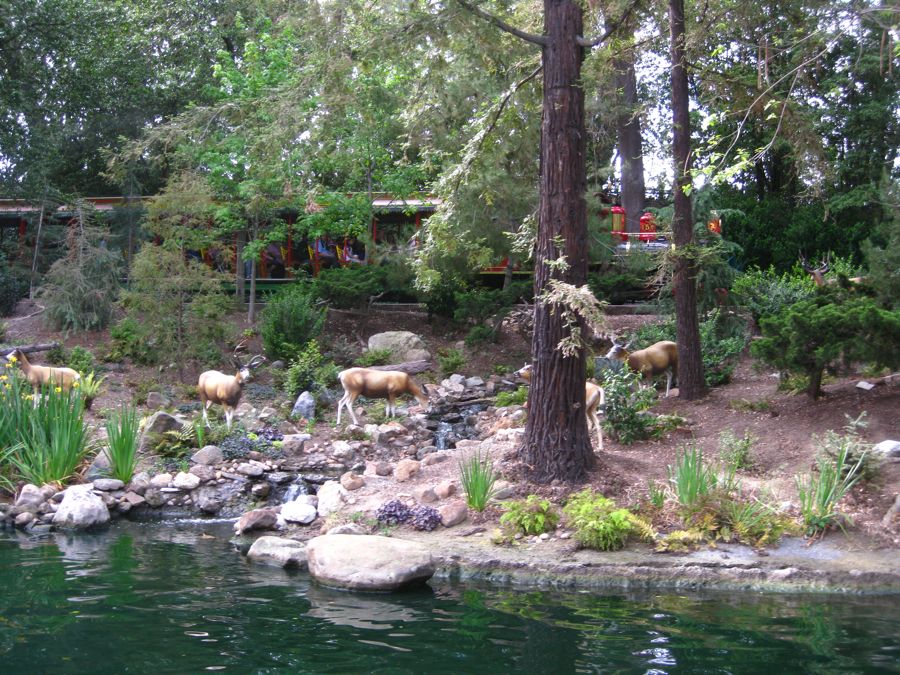
The deer do NOT seem to be afraid of the great iron horse

The chief waves
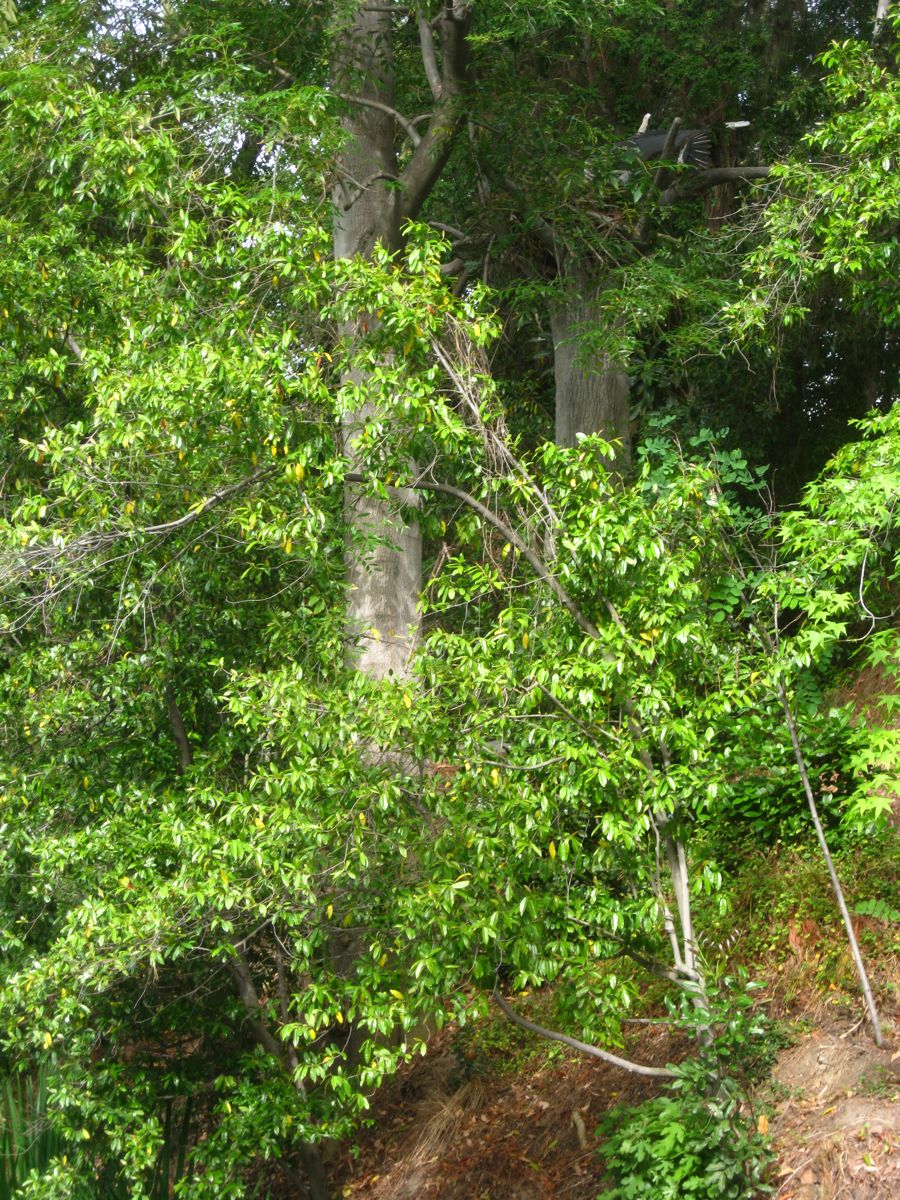
The fresh rain made everything so beautiful

Oops.... No wonder this track is no longer used

We call her "Paddlewheel Sue"
... along with "Sweetheart" and other names

Been sailing thiss here river since July 17th, 1955
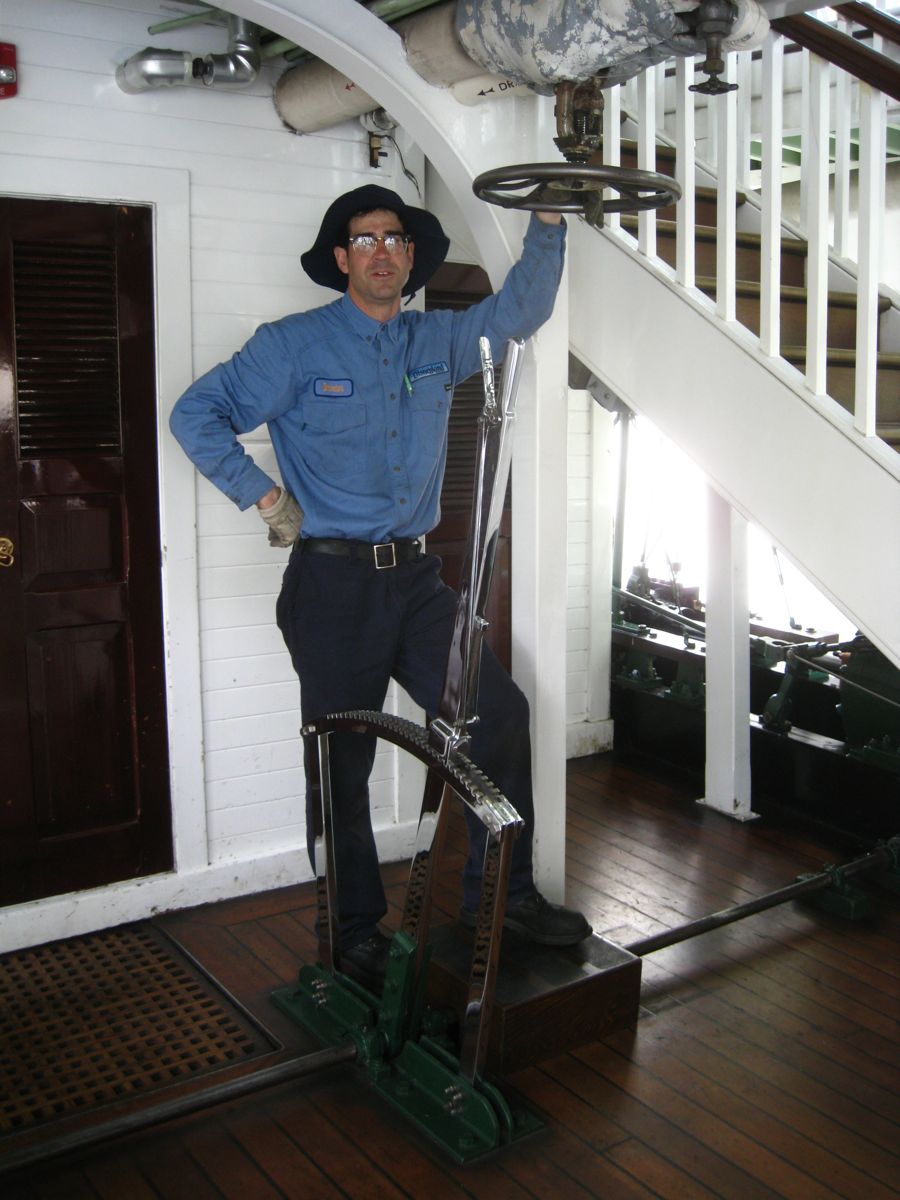
We had NEVER noticed this guy... He controls the throttle and wheel direction from the first floor

A few simple controls is all it takes with steam

To The Jungle We Go... Adventureland Awaits
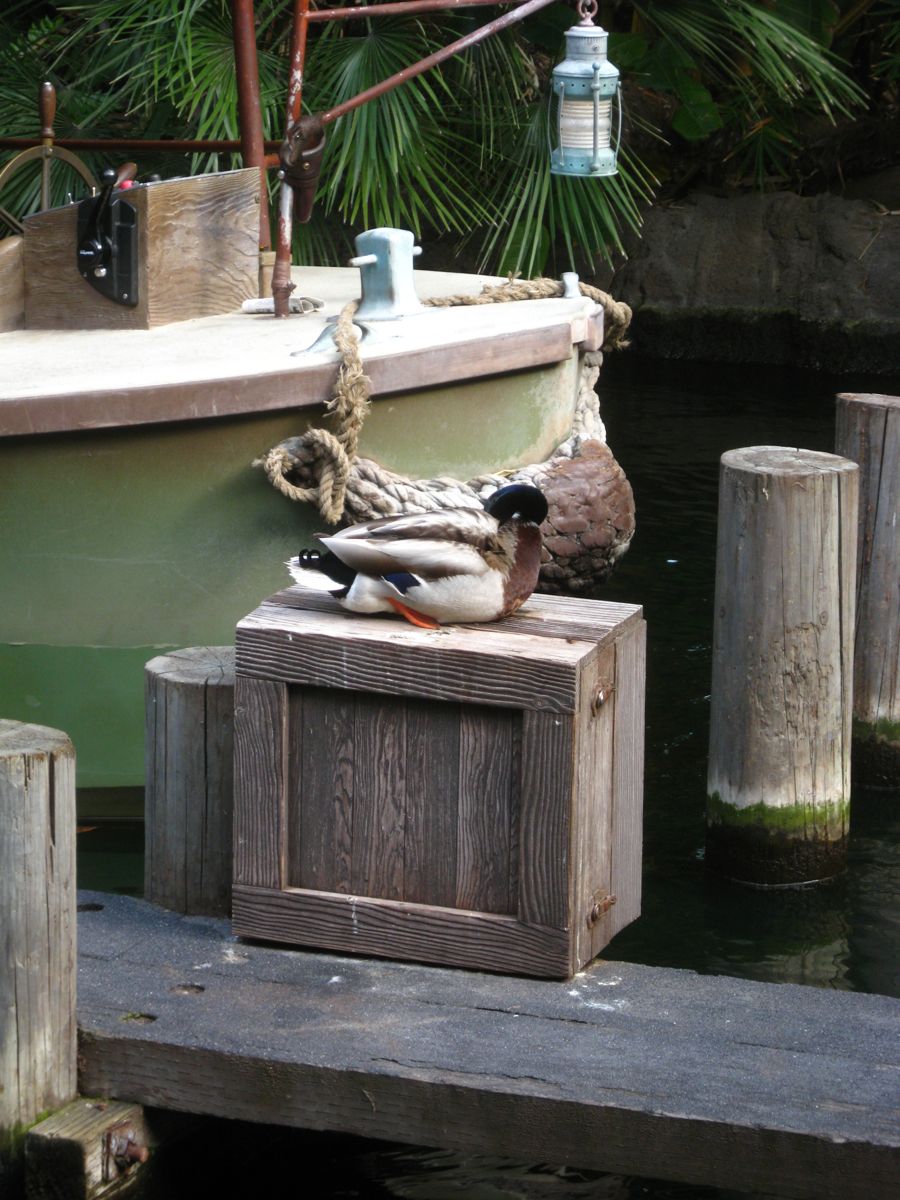
Mr. Duck is not afraid of the wild animals
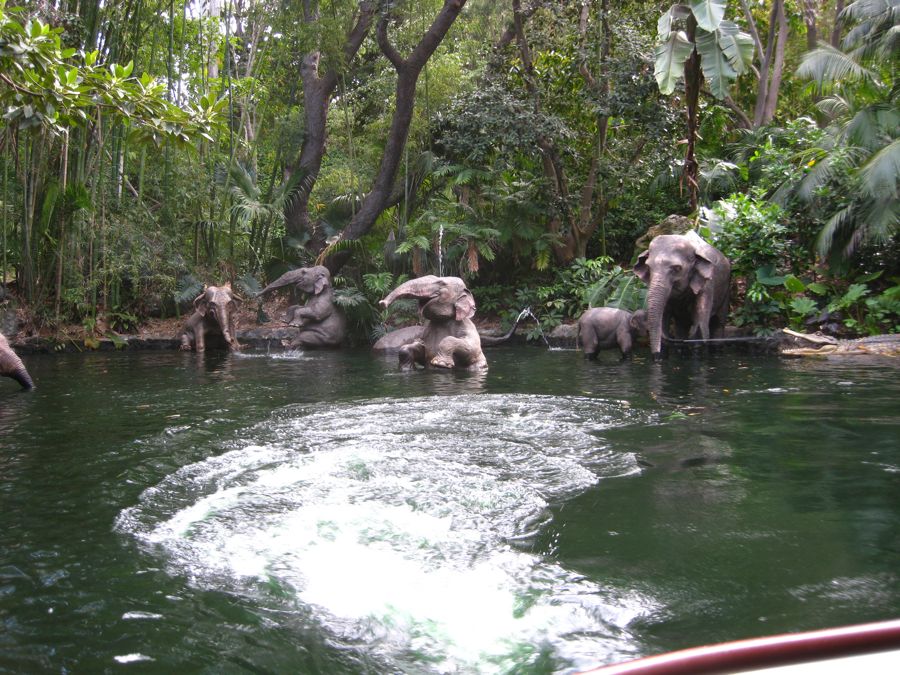
They are going somewhere... They all have their trunks
Did You Know? - Sources of inspiration for the attraction include a 1955 True-Life Adventure about a pride of lions, and the movie "The African Queen". Imagineer Harper Goff referenced the African Queen frequently in his ideas; even his designs of the ride vehicles were modeled after the steamer used in the film. The project was placed on the schedule to open with the July 17, 1955 debut of Disneyland.
When plans began to develop, Bill Evans, the Imagineer responsible for landscaping Disneyland (DL) and most of Walt Disney World (WDW), faced the daunting task of foresting an entire jungle on a limited budget. Aside from importing many actual tropical plants, he made wide use of "character plants" which while not necessarily exotic could give the appearance of exoticism in context. In a particularly well-known trick, he uprooted local orange trees and "replanted" them upside-down, growing vines on the exposed roots. The clean water was dyed brown to prevent visitors from seeing the bottom of the "river", which varies between three and eight feet deep.

Wildest thing on the river today

Well.... MAybe not

We just have fun
Next Destination: Tomorrowland... To See The Veggies

Right in the middle of tomorrow... New landscaping featured apparent vegetable plots and made reference to "neo-agrarian" concepts.

Swiss Chard everywhere... Right below the Rocket Cars tracks
Did you know? There are a number of reasons that led to the closure of the Rocket Rods:
- The Rocket Rods completed the course of the 16-minute PeopleMover in only about 3 minutes. Because the Rocket Rods project was not given a large enough budget to bank the track's curves, the Rocket Rods had to slow down substantially to maneuver most of the turns.
- The support structure and track originally built for the PeopleMover was not meant to be used for a high speed attraction and began to weaken.
- The constant changes in speed caused the vehicles' on-board computer systems to fail, shutting down the entire attraction. The attraction broke down at least once a day, causing queues of up to three hours. It was not uncommon for guests to receive rain check passes to ride on another day.

Everywhere was fruits and veggies
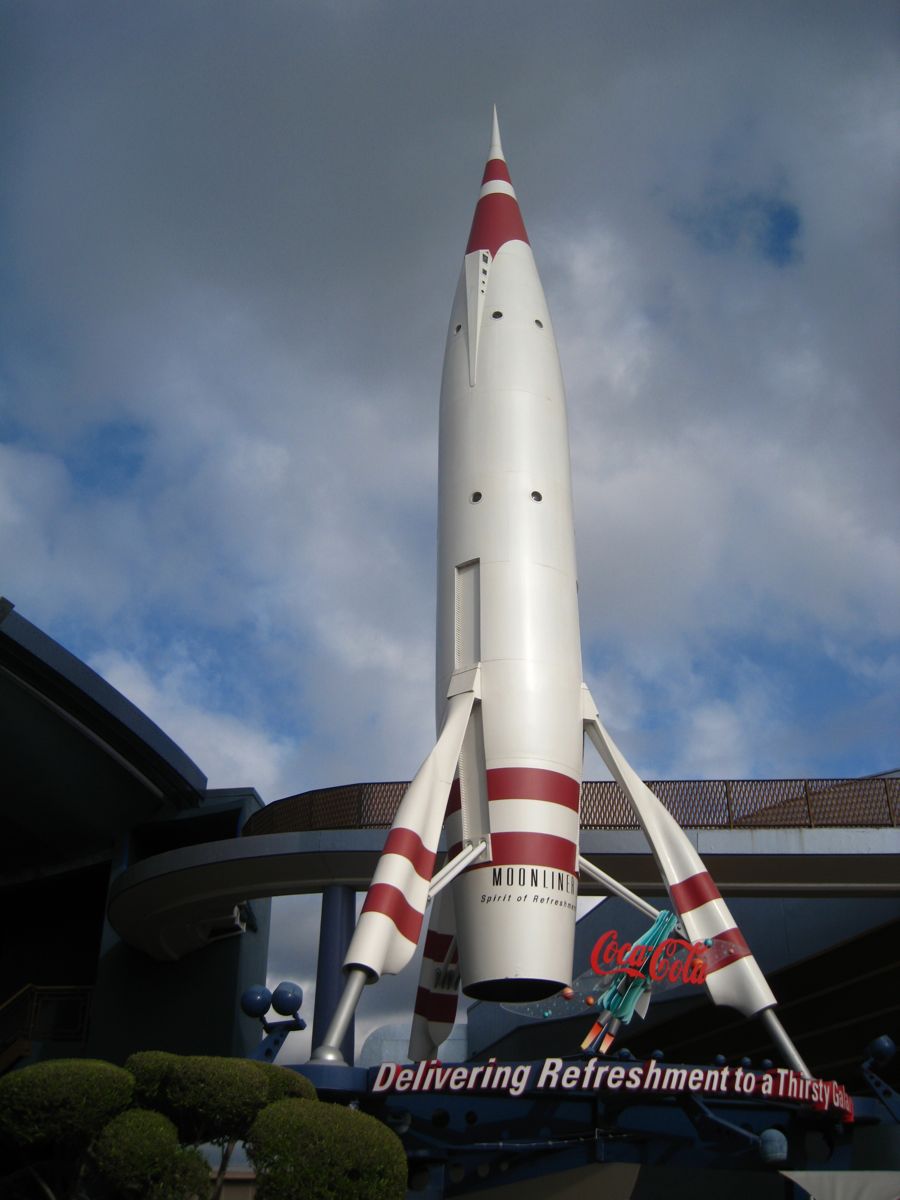
The TWA Rocket was there on opening day

Pomegranates seemed to be all around Tomorrowland
Did You Know? - A pomegranate (Punica granatum, pronounced /ˈpɒm.ɪ.græn.ət/) is a fruit-bearing deciduous shrub or small tree growing between five and eight meters tall. The pomegranate is mostly native to the Iranian Plateau and the Himalayas in north Pakistan and Northern India. It has been cultivated in the Caucasus since ancient times, and today, is widely cultivated throughout Iran, Azerbaijan, Afghanistan, India, Pakistan, Bangladesh, Iraq, Egypt, China, Burma, Saudi Arabia, Israel, the drier parts of southeast Asia, the Mediterranean region of Southern Europe, and tropical Africa.
Introduced into Latin America and California by Spanish settlers in 1769, pomegranate is now cultivated in parts of California and Arizona for juice production.
Off To Catal

Flowers were in full swing
Did You Know? - A flower, sometimes known as a bloom or blossom, is the reproductive structure found in flowering plants (plants of the division Magnoliophyta, also called angiosperms). The biological function of a flower is to effect reproduction, usually by providing a mechanism for the union of sperm with eggs.

What is Sue's duck doing in the Aerial's Pond???

It was a stormy day in the distance
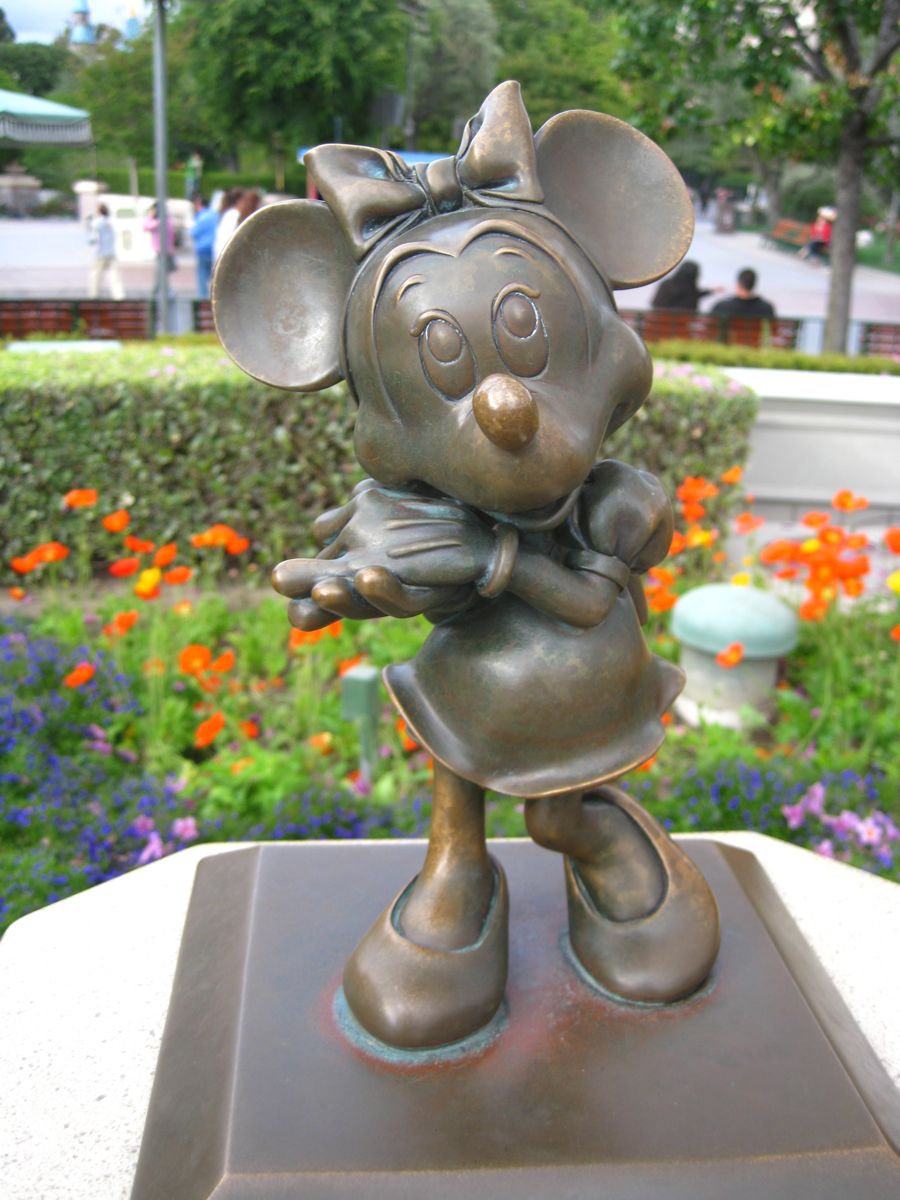
Hey Minnie
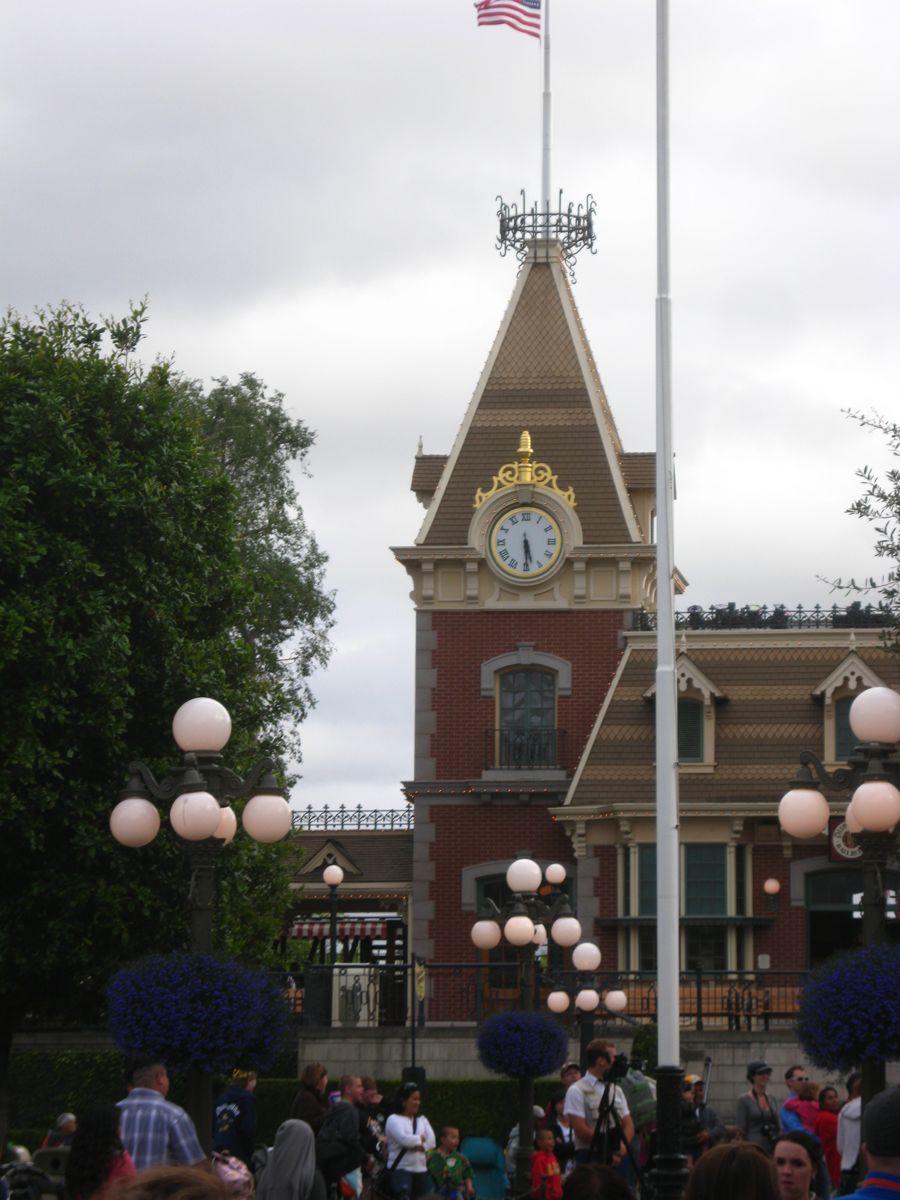
Dinner reservations are for 5:45

No... Not a distortion... She moves faster than ANY camera

Right on Renee... Shaken, NOT stirred

New complicated bar utems and of course, we ordered them all

He keeps a smile on no matter what

They are really good... The one on the right is called "The Measels"

A beautiful drink and it tastes good also

Perfect selection Renee
The Duda's Arrive...

Nick was not hungary except for bread

The endive salad
Did You Know? - Endive (pronounced /ˈɛndɪv/ or /ˈɛndaɪv/), Cichorium endivia is a leaf vegetable belonging to the daisy family. Endive can be cooked or used raw in salads. Endive is rich in many vitamins and minerals, especially in folate and vitamins A and K, and is high in fiber.

Ah... the old "hand under the chin trick"
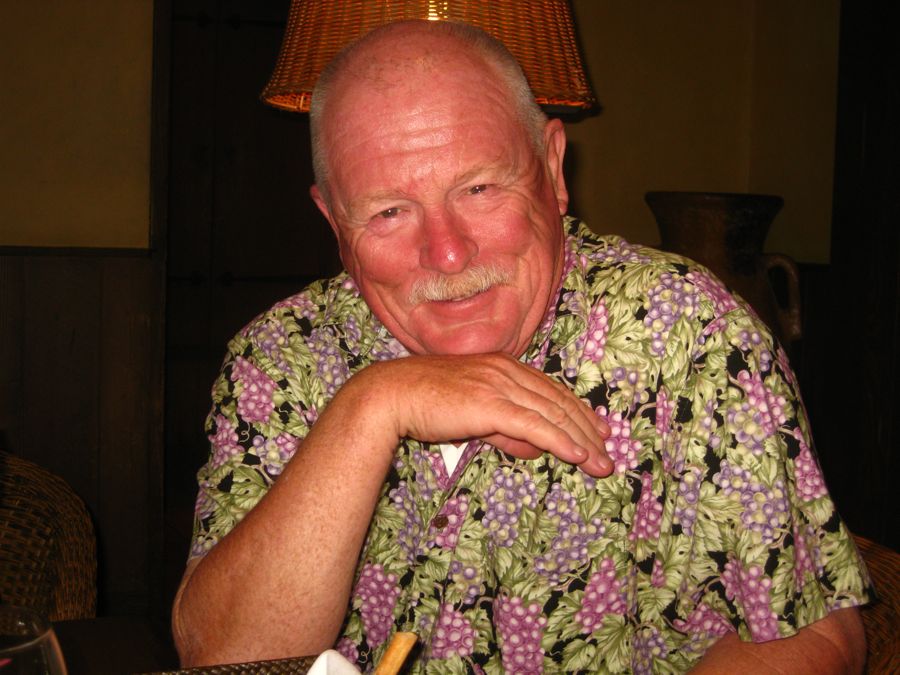
Which over the years, Paul has also mastered

What a nice end to a nice day

Robin Duda with the beautiful eyes
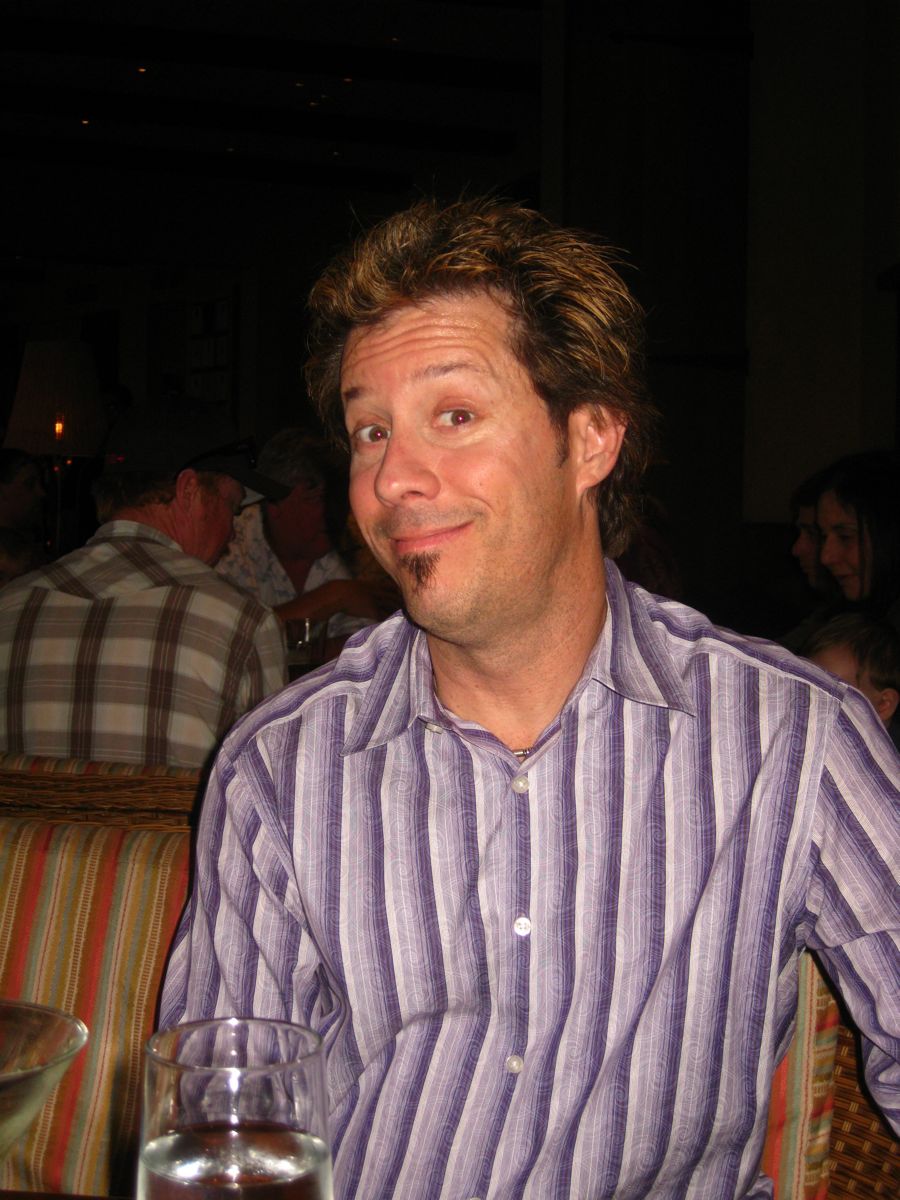
Bob is just chillin'

Ah Nick,,, you might wanna be careful there...

Nick almost completes his Santa Claus costume

"OK, let's sing... Follow after me..."

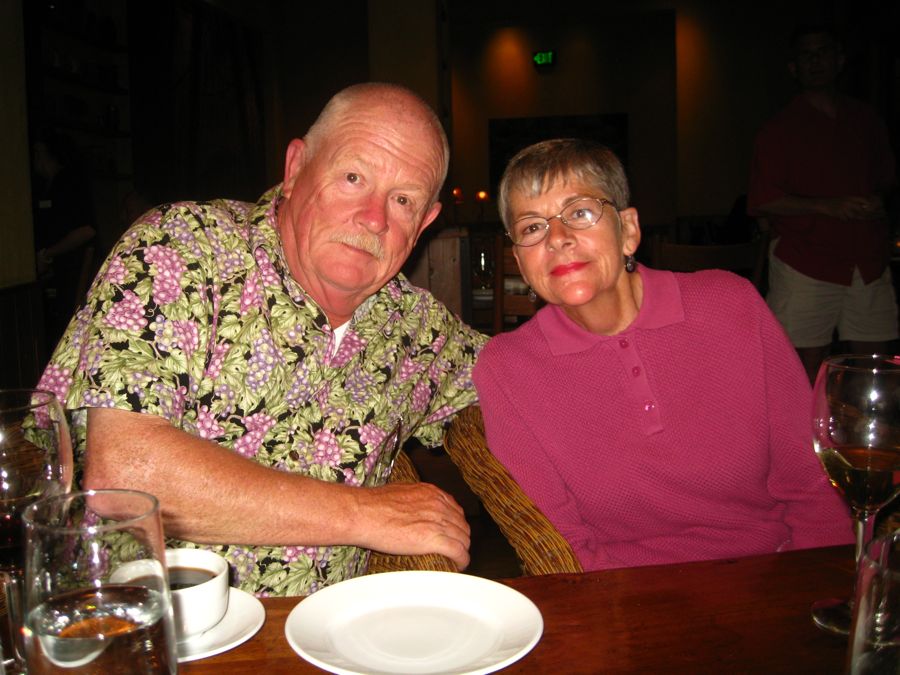
Coffee and she... The world is good
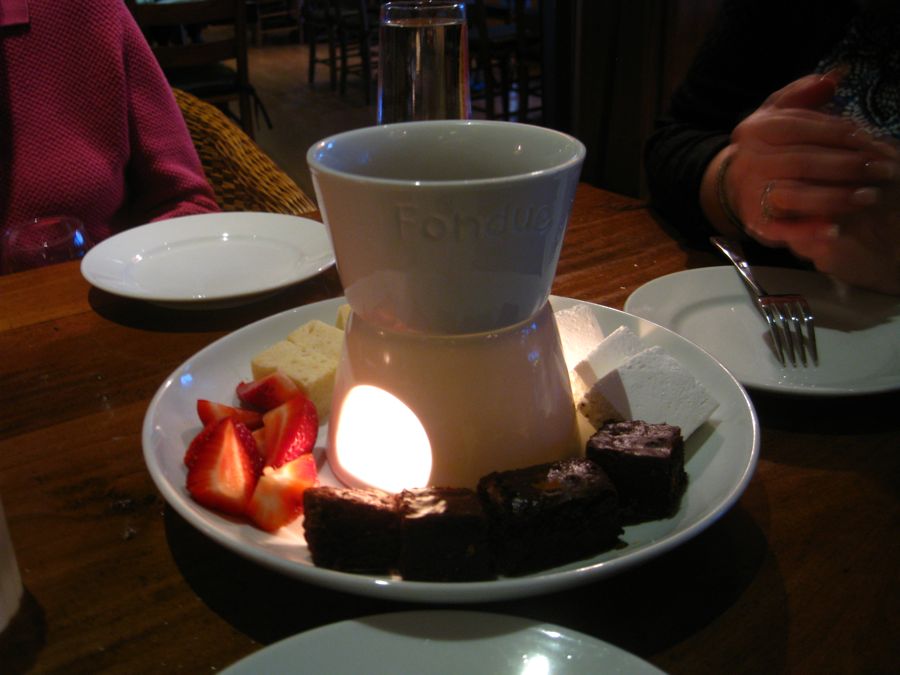
Chocolate fondue.... Yes yes yes

A S'more kit
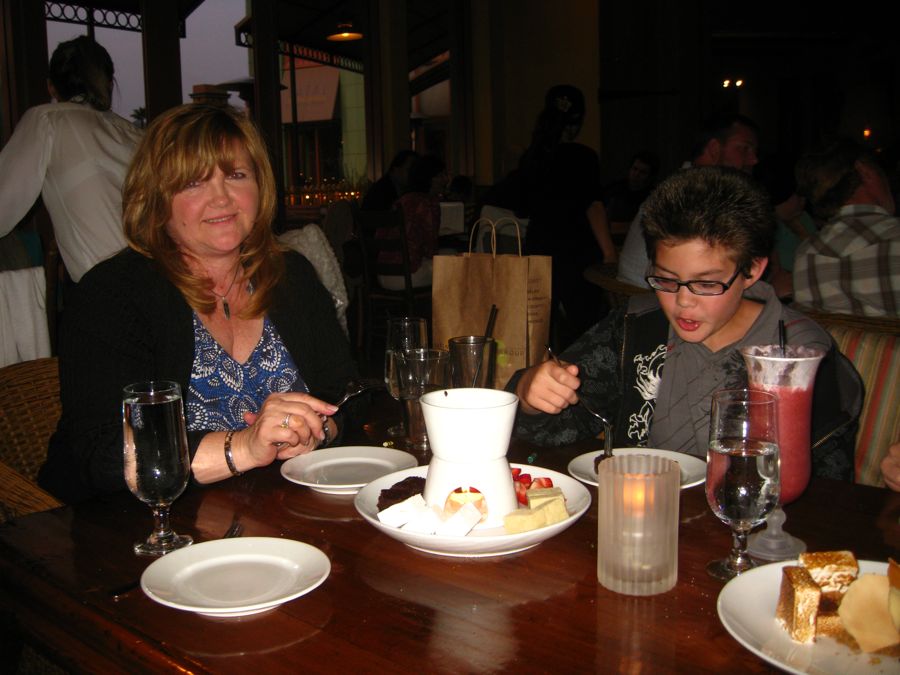

Punk into the chocolate it goes

"OK guys.... Time to go home... I'm tired!"
